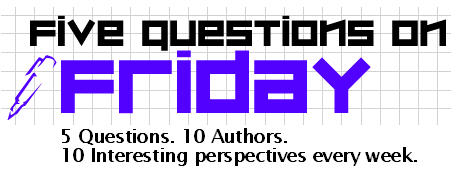FIVE QUESTIONS ON: YOUR RELATIONSHIP WITH FOOD
THIS WEEK’S AUTHOR: Jennifer Rabold
THE QUESTIONS (Background Information Below)
- How would you describe your diet? How do you feel about it? Do you think you need to change it in any way, and if so, how and why? If you feel you need to change it, but haven't yet, what is standing in your way of making the change?
- How do you (and/or your family) eat? (At home/ out/ take-out/ around a table/ standing at the counter/ together/ at different times/ on the go/ et cetera?) How do you feel about this? Again, do you feel the need for change?
- Where do you shop for your food? How do your food-shopping habits reflect your values?
- What does your country/ state/ region do to influence how and what people eat? Does this need to change, in your opinion?
- What one thing can you do to:
a) wean yourself off an oil-based diet and onto sun-based foods?
b) improve your eating habits and thus your health?
c) encourage others to do the same?
BACKGROUND from Jennifer Rabold:
I read the most fantastic article a few weeks before the U.S. election entitled "Farmer in Chief: An Open Letter to the Next President" in the New York Times Magazine that made me think critically about my own relationships with food and my roles as a consumer and as a producer of food (I'm an avid gardener). You may wish to read the article before answering the questions (it's quite long, but very well-written and insightful and definitely worth the read), or not - the questions can stand alone, I think.
NEW YORK TIMES MAGAZINE (October 12, 2008 )
The Food Issue: Farmer in Chief
By MICHAEL POLLAN What the next president can and should do to remake the way we grow and eat our food.
Here are a few quotations from the article to ponder:
- After cars, the food system uses more fossil fuel than any other sector of the economy — 19 percent. And while the experts disagree about the exact amount, the way we feed ourselves contributes more greenhouse gases to the atmosphere than anything else we do — as much as 37 percent, according to one study.
- Four of the top 10 killers in America today are chronic diseases linked to diet: heart disease, stroke, Type 2 diabetes and cancer.
- When a nation loses the ability to substantially feed itself, it is not only at the mercy of global commodity markets but of other governments as well.
- As Wendell Berry has tartly observed, to take animals off farms and put them on feedlots is to take an elegant solution — animals replenishing the fertility that crops deplete — and neatly divide it into two problems: a fertility problem on the farm and a pollution problem on the feedlot. The former problem is remedied with fossil-fuel fertilizer; the latter is remedied not at all.
- Pollan's recommendations to the next U.S. president: First, your administration’s food policy must strive to provide a healthful diet for all our people; this means focusing on the quality and diversity (and not merely the quantity) of the calories that American agriculture produces and American eaters consume. Second, your policies should aim to improve the resilience, safety and security of our food supply. Among other things, this means promoting regional food economies both in America and around the world. And lastly, your policies need to reconceive agriculture as part of the solution to environmental problems like climate change.
- In addition to Pollan's recommendations above, he suggests that the next president should carefully choose his White House chef as an example for the country and should establish a White House farmer: This new post would be charged with implementing what could turn out to be your most symbolically resonant step in building a new American food culture. And that is this: tear out five prime south-facing acres of the White House lawn and plant in their place an organic fruit and vegetable garden.




No comments:
Post a Comment